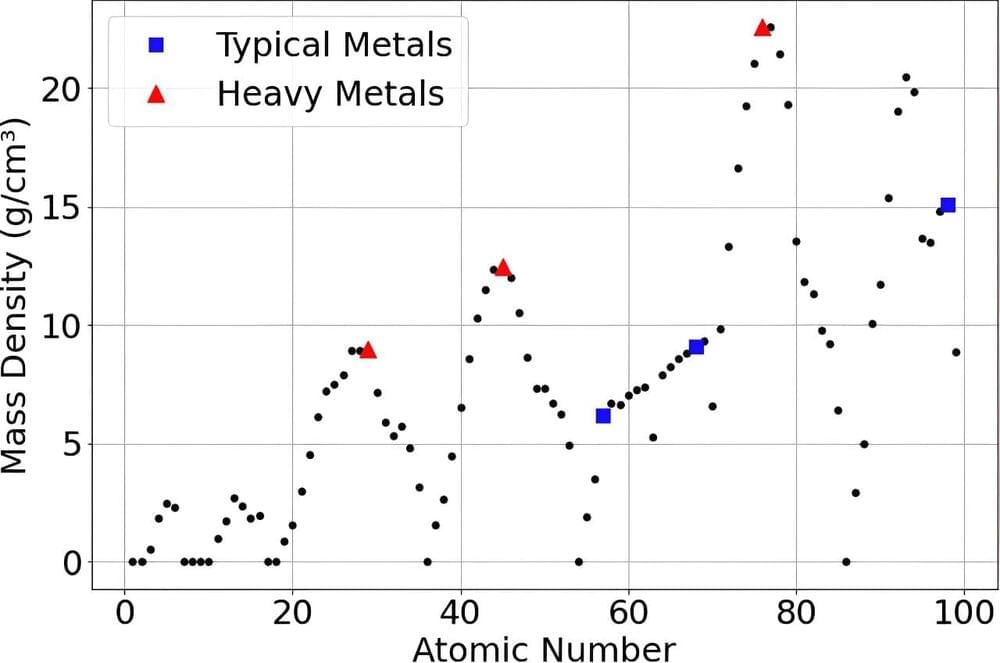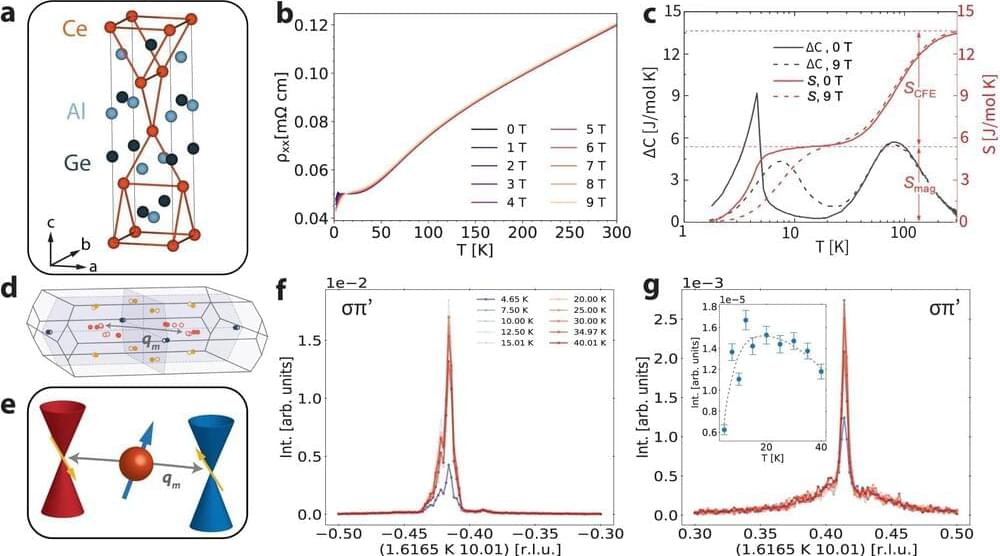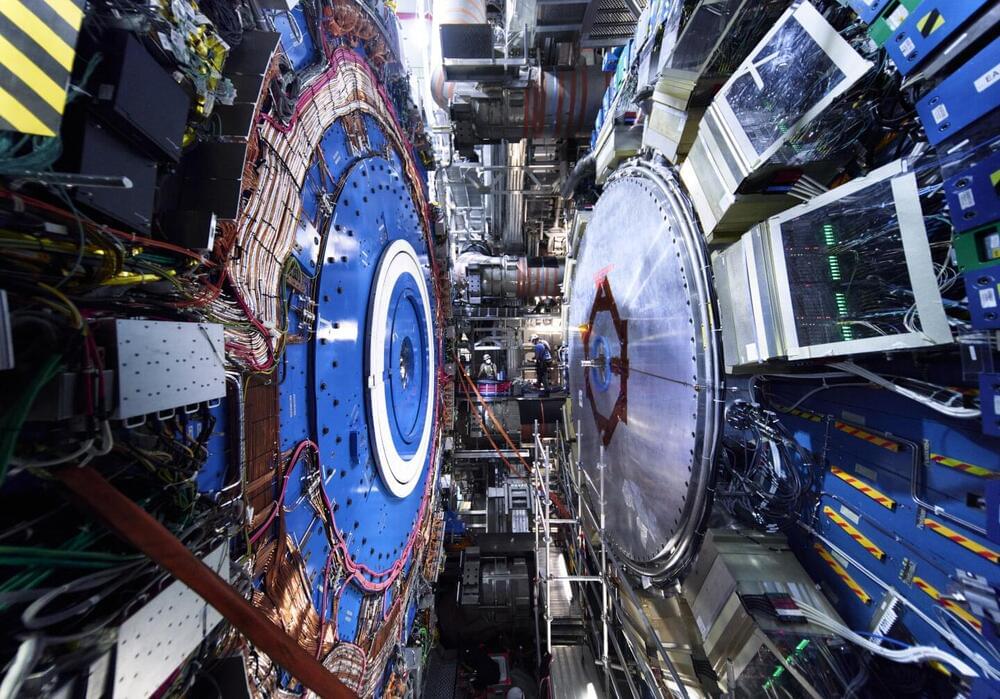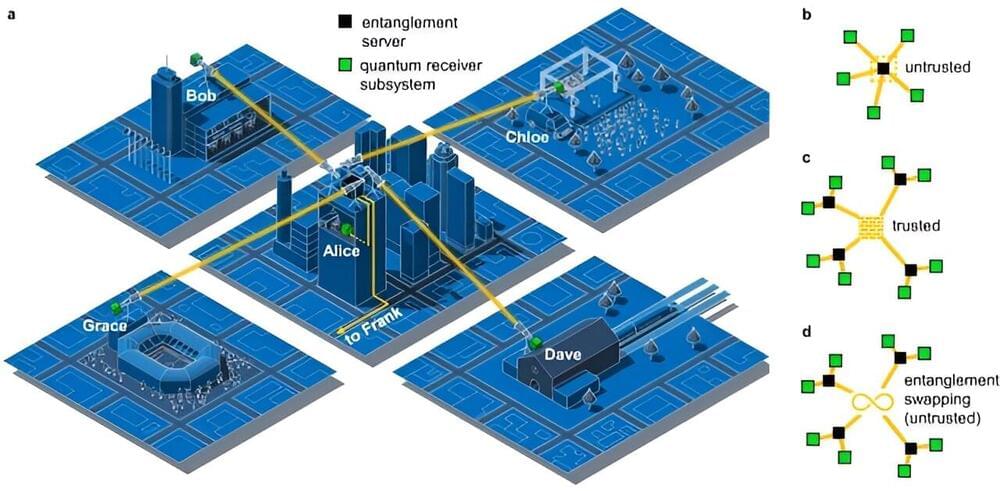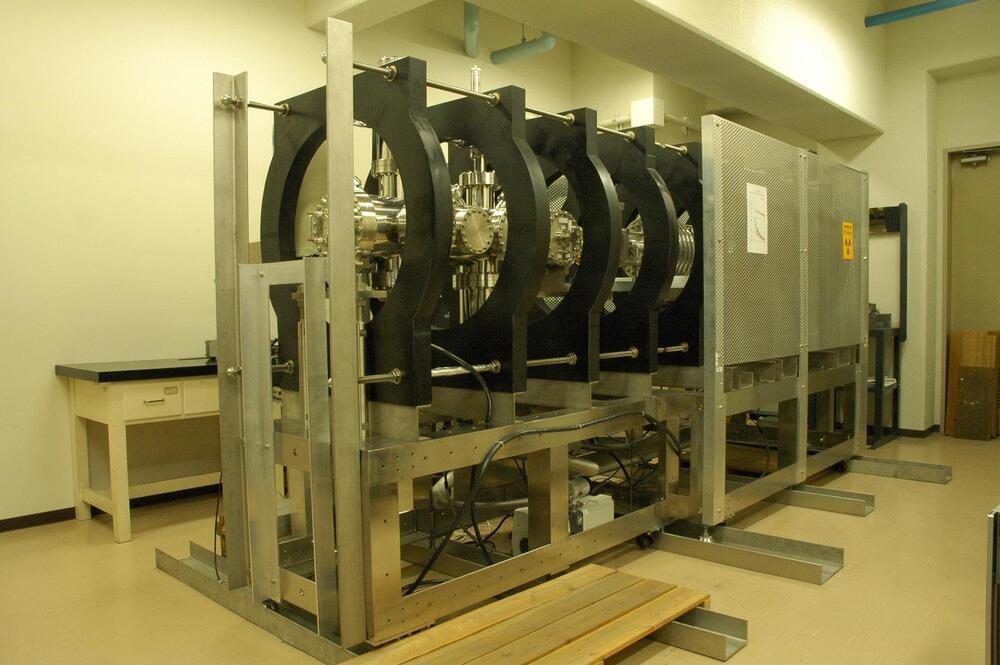Imagine that the human body is a… More.
How a Small Strand of RNA is Key to Fighting #Cancer.
Called let-7, the microRNA governs formation of the cellular memory pool and is a gift from the dawn of animal life. A team of researchers at the University of Massachusetts Amherst has shown that a single, small strand of microRNA, or miRNA, known as let-7, governs the ability of T-cells to recognize and remember tumor cells. This cellular memory is the basis for how vaccines work. Boosting cellular memory to recognize tumors could help improve cancer therapies. The research, published recently in Nature Communications, suggests a new strategy for the next generation of cancer-fighting immunotherapies.
Imagine that the human body is a fortress, says Leonid Pobezinsky, associate professor of veterinary and animal sciences at UMass Amherst and the paper’s senior author, along with Elena Pobezinskaya, a research assistant professor also in veterinary and animal sciences at UMass. Our bodies have T-cells, which are white blood cells that specialize in fighting both pathogens, think of the common cold, and altered cells of the organism itself, like tumor cells. Most of the time, the T-cells are naïve — mustered out of duty and resting. But when they recognize foreign antigens after bumping into them, they suddenly wake up, turn into killer T-cells and attack whatever the pathogen may be, from the sniffles to COVID, or even cancer. After the killer T-cells have won their battle, most of them die.
But, says Pobezinsky, somehow a few survive, transform into memory cells and form an elite task force called the ‘memory pool’ — they remember what that particular antigen looked like, so that they can be on the lookout for the next time it invades the body.
